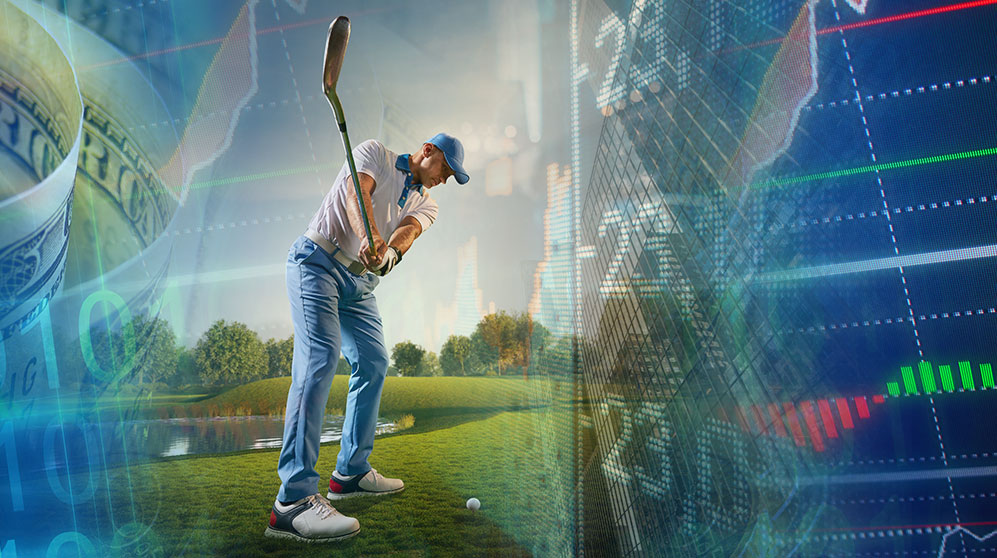Four Things to Consider in Assessing COVID-19 Crisis
• 2 min read

Get the latest in Research & Insights
Sign up to receive a weekly email summary of new articles posted to AMG Research & Insights.

The pandemic’s impact on the global economy and financial markets is difficult to predict, but consider these factors:
1. HUMAN INGENUITY RESPONDS RAPIDLY TO A CRISIS.
In this instance, a vaccine to combat COVID-19 may not be available for 12-18 months, but drug treatments could become available sooner. The healthcare system may struggle for a time to manage all cases, but the number of hospital beds is growing, as is the production of ventilators and surgical masks. Eventually, COVID-19 will be tamed.
2. THE U.S. ECONOMY IS DYNAMIC AND RESPONSIVE.
Prognosticators might not know exactly how deep the downturn will be or how long it will last, or which businesses will survive or fail. But they do know a free-market economy responds to changes in supply and demand, and shifts in behavior and relative opportunity, far better than any other system humans have created. It is a system in which capital flows where it is needed and where it will be treated best. Even under a virus-driven contraction, a dynamic economic system will find a way to return to its full potential.
3. STOCK MARKETS ARE REACTIONARY, NOT ANTICIPATORY.
Markets respond to information and discount the possibility of that new information being good or bad. Often this discounting leads to overshoots in stock prices relative to underlying market conditions. Every bear market since 1950 has proven to be such an overshoot.
4. WHAT TO DO IN THE MIDST OF A DRAMATIC, VOLATILE BEAR MARKET?
Be patient. Trust in your portfolio’s diversification and the long-term plan. As the bear market progresses, AMG will offer clients a playbook for how to shift their portfolios in this environment with the understanding that the long-term view is likely much better than where we are now.
This information is for general information use only. It is not tailored to any specific situation, is not intended to be investment, tax, financial, legal, or other advice and should not be relied on as such. AMG’s opinions are subject to change without notice, and this report may not be updated to reflect changes in opinion. Forecasts, estimates, and certain other information contained herein are based on proprietary research and should not be considered investment advice or a recommendation to buy, sell or hold any particular security, strategy, or investment product.
Get the latest in Research & Insights
Sign up to receive a weekly email summary of new articles posted to AMG Research & Insights.


